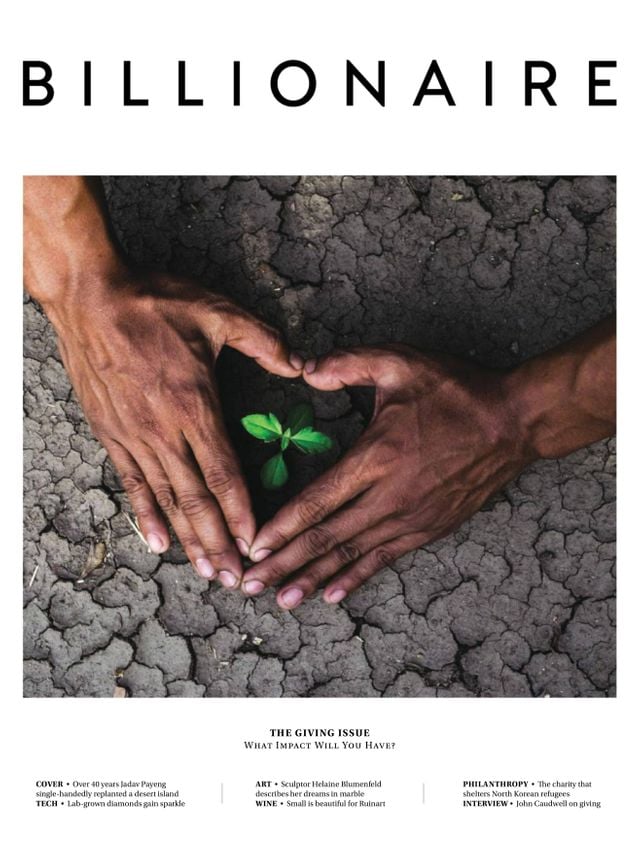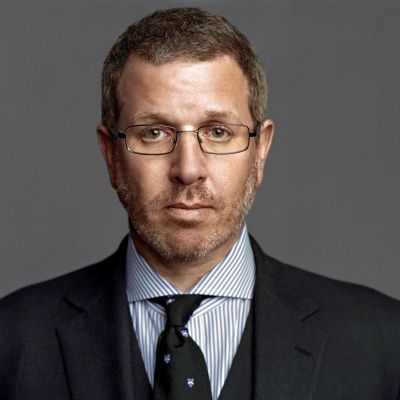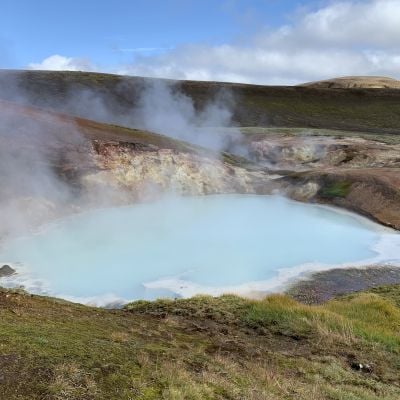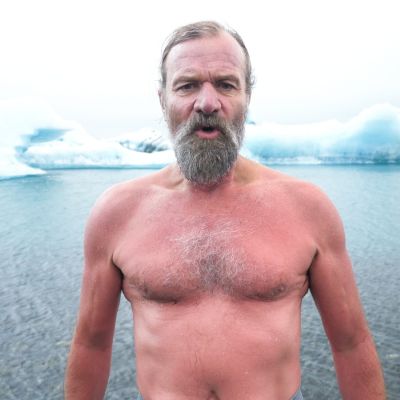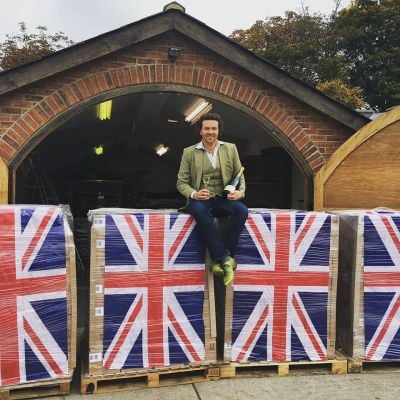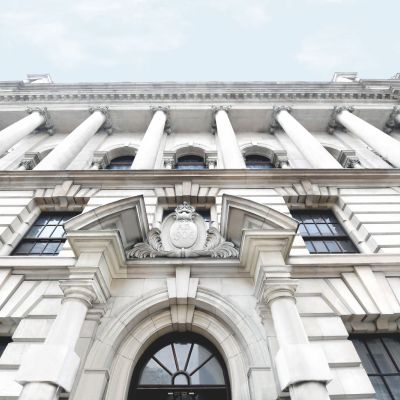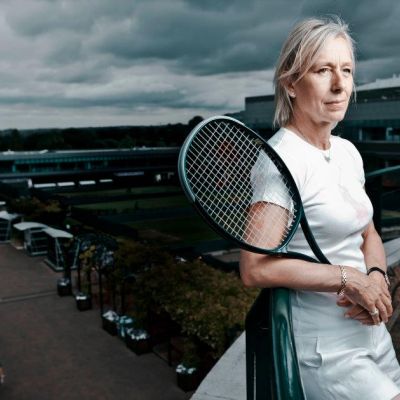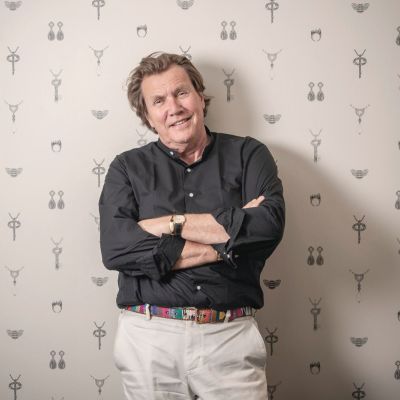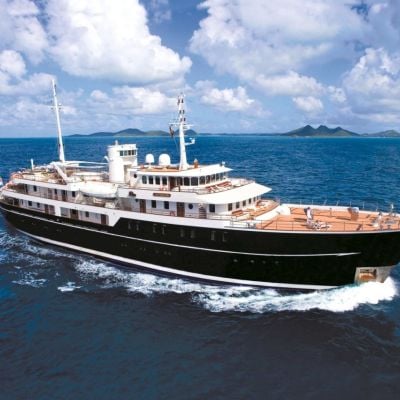Empowering Girls
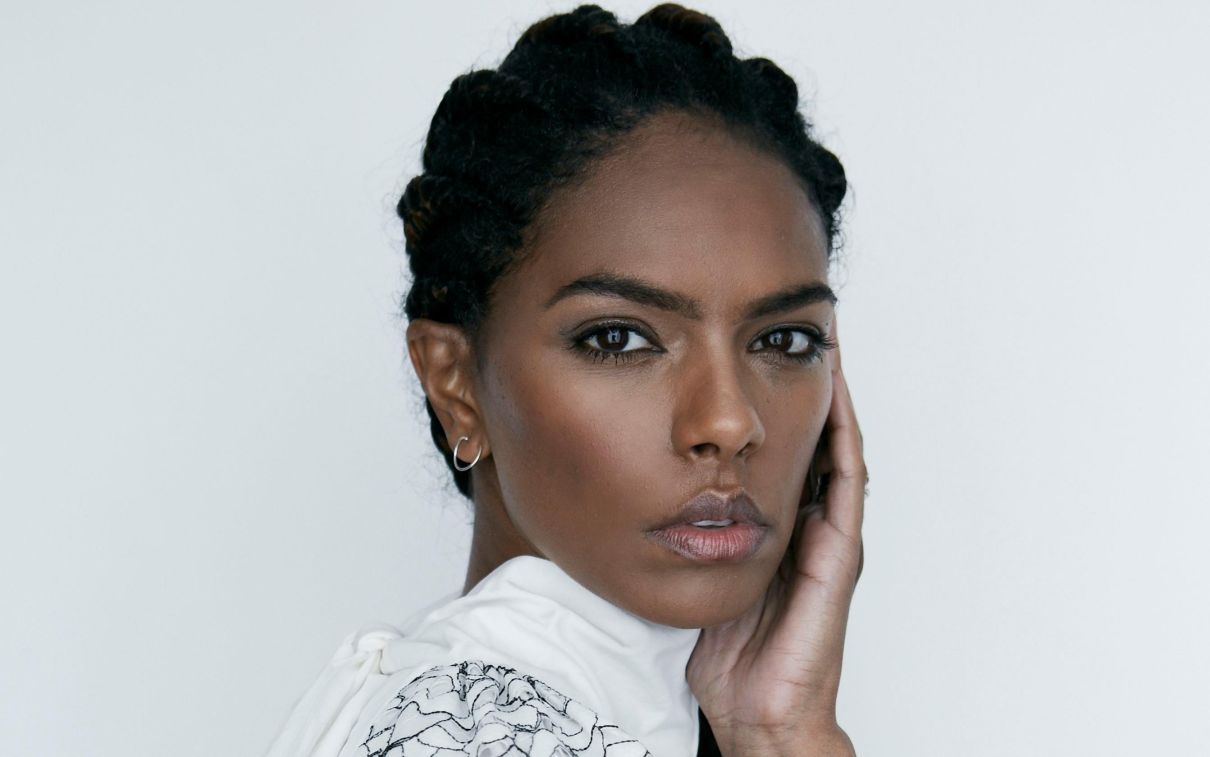
Malaika, a grassroots organisation founded by international model Noëlla Coursaris Musunka, is devoted to educating and empowering girls in the Democratic Republic of Congo (DRC).
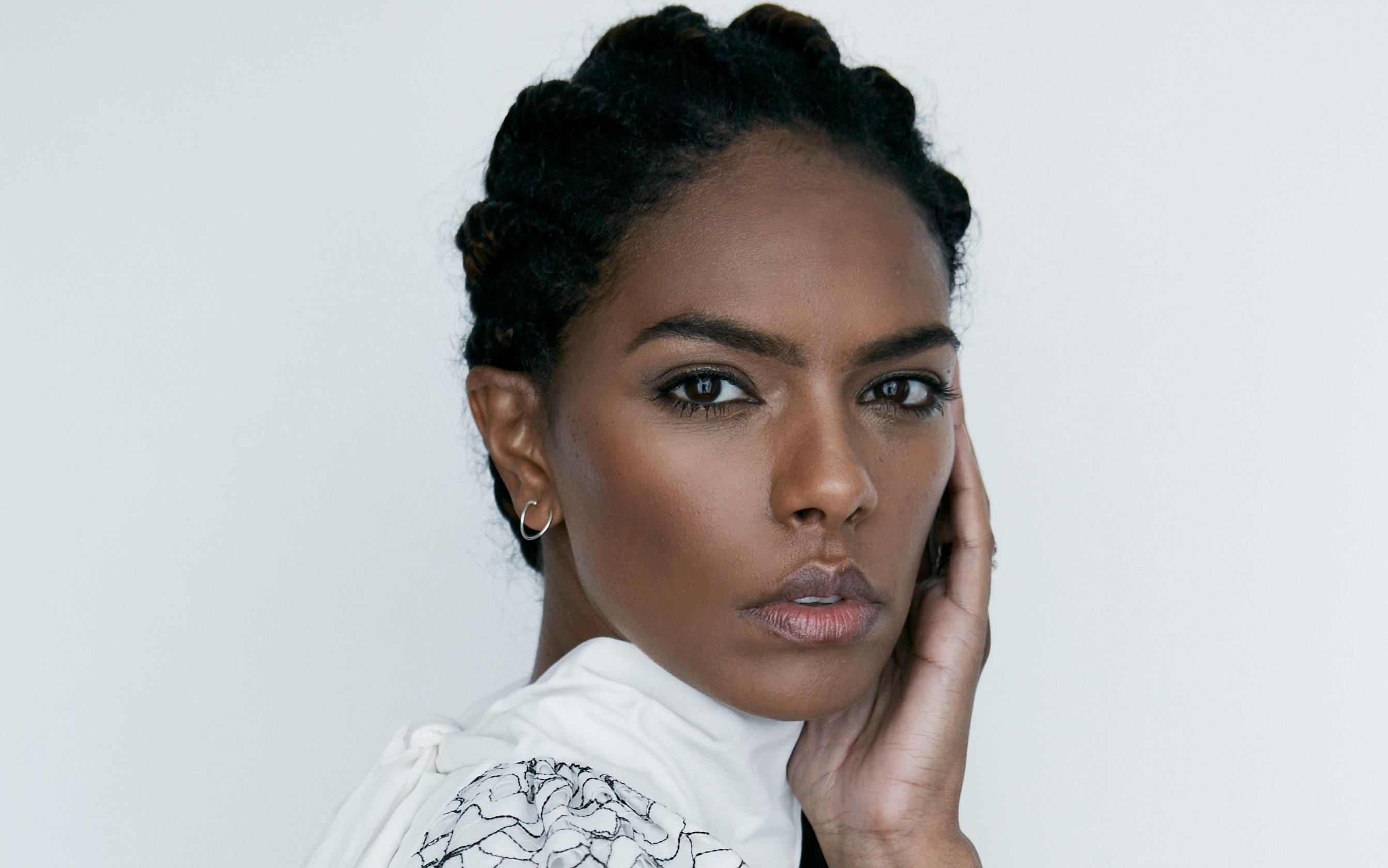
Born in the Democratic Republic of Congo (DRC) to a Congolese mother and Cypriot father, Noëlla Coursaris Musunka was sent to live with relatives in Europe when she was five after her father passed away and her mother was left without the resources to take care of a young child. Her mother wanted to ensure she received a quality education and have more opportunities than she would have had in the DRC, so Musunka grew up abroad and learned how invaluable education is; how its exponential effect is so large that it forced her mother to send her far away.
After her education, Musunka started modelling after a friend entered her into an Agent Provocateur competition for the face of its next campaign, which she won. An ambitious woman who has always aspired to excel in whatever endeavour she embarks on, Musunka became an international model, yet remained resolute in paying forward the opportunities she received.
After returning to the DRC when she was 18 and seeing the quality of life for women and girls, and the vast gender imbalance in education, she promised herself she would make a difference in their lives. Knowing first-hand how learning can open doors and promote prosperity, she went on to found Malaika in 2007, a non-profit in the village of Kalebuka consisting of a school that provides free, high-quality education for young girls; a community centre that offers literacy, vocational, sports and health education programmes for the entire region; and freshwater wells to combat communicable disease.
With 90 percent of its funds going directly into its programmes, Malaika has a very low admin rate of 10 percent due to its team outside the DRC working pro bono. Musunka also serves as ambassador for The Global Fund, using her platform to raise awareness of the need for increased commitment to quality healthcare for children. In 2017 was named one of the BBC’s 100 most inspirational and influential women, and Musunka has spoken at numerous global platforms, including the World Economic Forum in Davos, and alongside such fellow influencers as former US president Bill Clinton and Princess Caroline of Monaco.
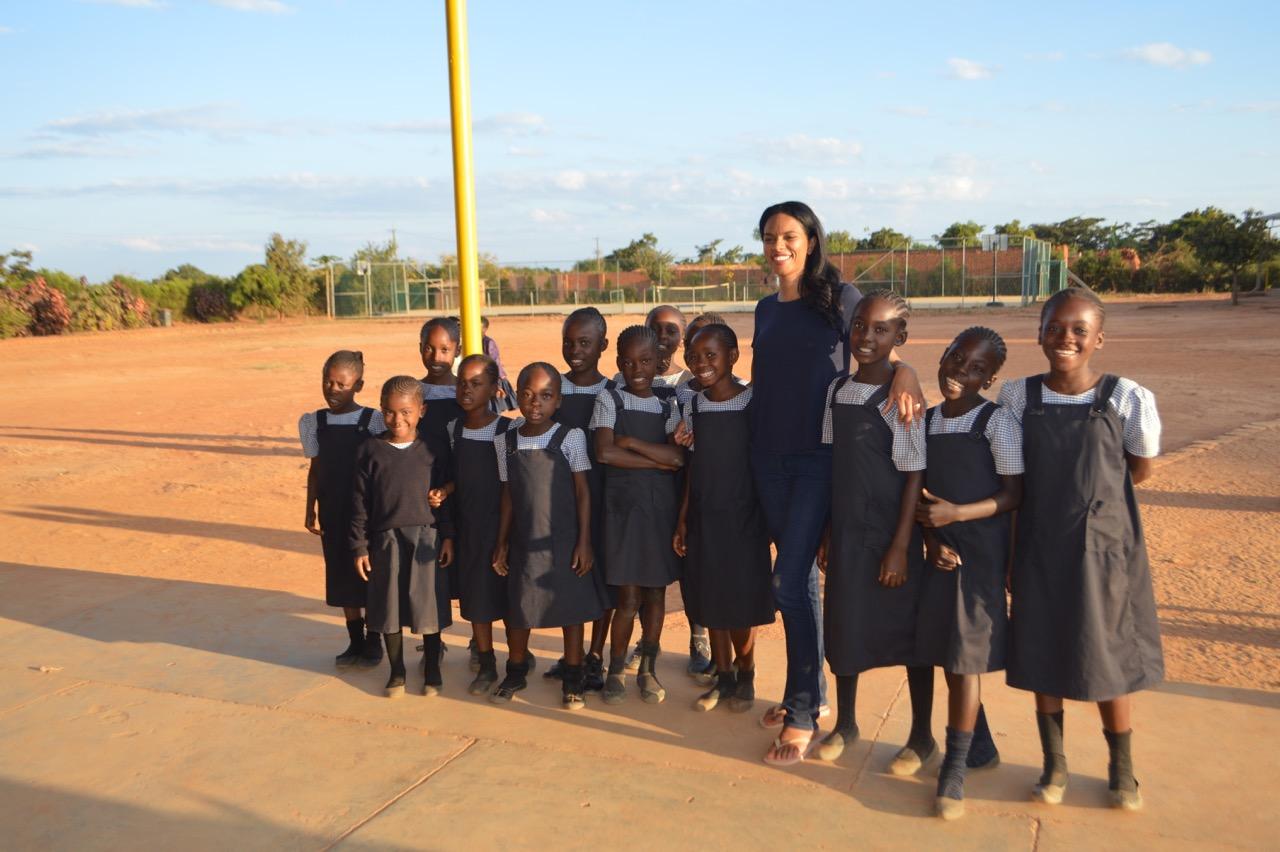
Malaika’s main achievements in its 11-year existence are reflected in each of its 310 students. From kindergarten to secondary school, each young girl has a refuge to go to each day, free of charge, where her voice is valued and she understands her future is limitless. Lauriane, for example, is in Grade 7 and dreams of becoming an engineer: a career she would likely not have considered had she not been at the Malaika School. Rose Muswamba in Grade 5, says: “Malaika has changed the way I dream. I used to have small ideas of what my life could be like, but now I want to travel the world and experience everything.” A strength of the non-profit has been its place in the community, as parents see how Malaika serves as a game-changer for their daughters’ lives. They are given a good breakfast and lunch every day which Musunka says they look forward to as they are often their only meals. Children are offered free classes in sewing, agriculture, maths, IT and literacy. Malaika has also built eight wells in Kalebuka, distributed 9,000 bednets and provides Malaria prevention programs to the community. Its students are encouraged to grow into agents of change, and like Musunka, promote better lives for others in order to affect their village, their country and their continent.
Headquartered in New York, Malaika operates with utmost transparency. In its tenth year report published last year, it had raised US$2.9 million, half of which is spent on operating its school in DRC and just over a quarter on its construction. Sixty percent of its income is from government grants, with the rest from individual and corporate donors.
Musunka aspires to use her platform to promote quality education and healthcare for children worldwide, with a specific focus on gender equality, and a prosperous DRC. When asked about her most recent trip to the school, she remains optimistic in spite of the current state of her country: “It is shocking how many children are still out of school. Despite the DRC being one of the richest countries in the world in terms of mineral resources... many Congolese live in destitute conditions. There are immense disparities that exist in the everyday lives of its citizens, and yet the people are resilient and remarkably beautiful in spirit. I continue to do this work because I believe in our continent and the richness of its people. It is time to change the narrative of Africa.”
This article originally appeared in Billionaire's Giving Issue, December 2018. To subscribe contact

